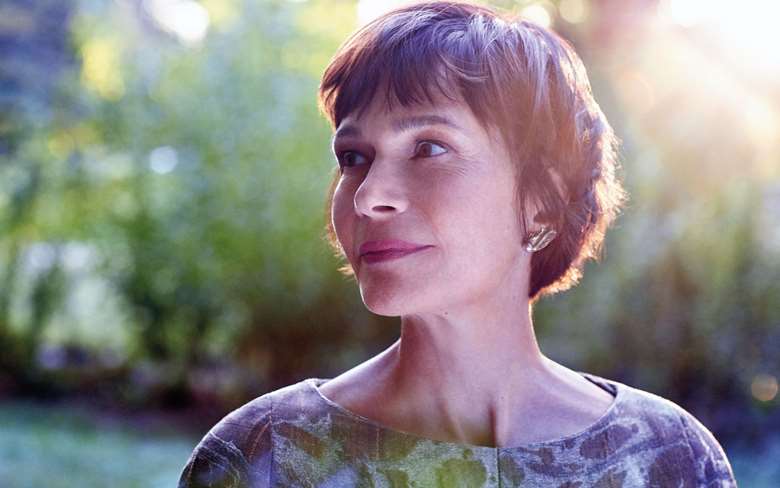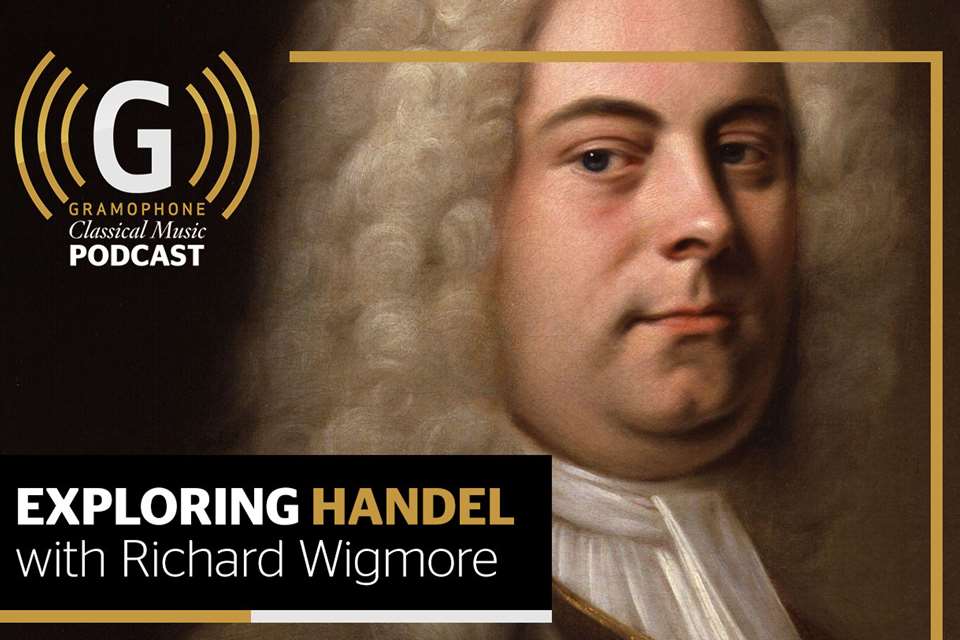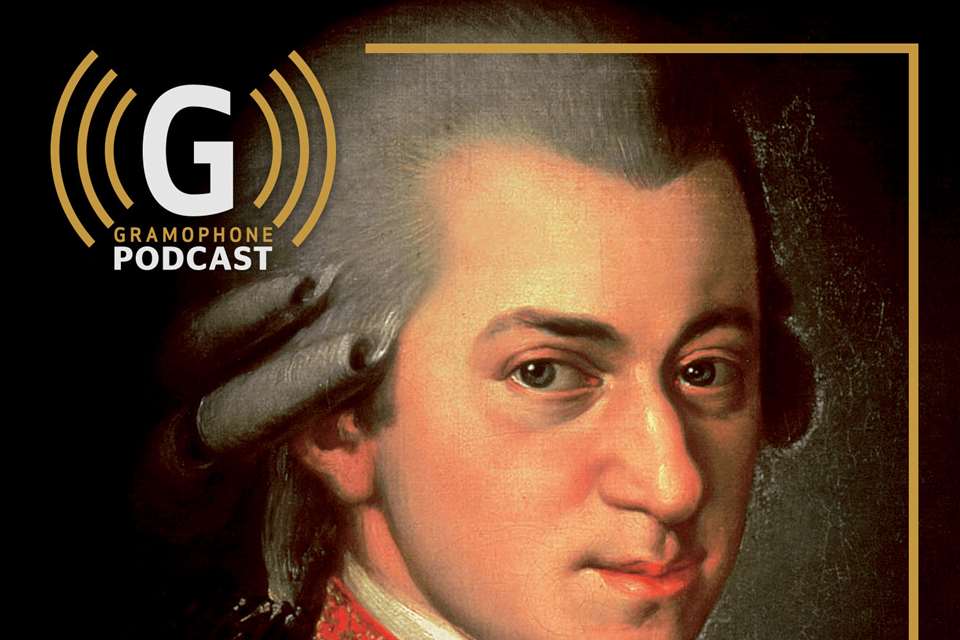Sandrine Piau interview: ‘It’s boring if you only have singers who are just singing beautifully’
David Patrick Stearns
Thursday, April 6, 2023
Soprano Sandrine Piau’s ‘Voyage intime’ album takes her in new directions. She talks to David Patrick Stearns about repertoire choices and relishing a challenge

Register now to continue reading
Thanks for exploring the Gramophone website. Sign up for a free account today to enjoy the following benefits:
- Free access to 3 subscriber-only articles per month
- Unlimited access to our news, podcasts and awards pages
- Free weekly email newsletter










